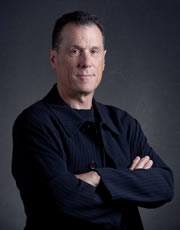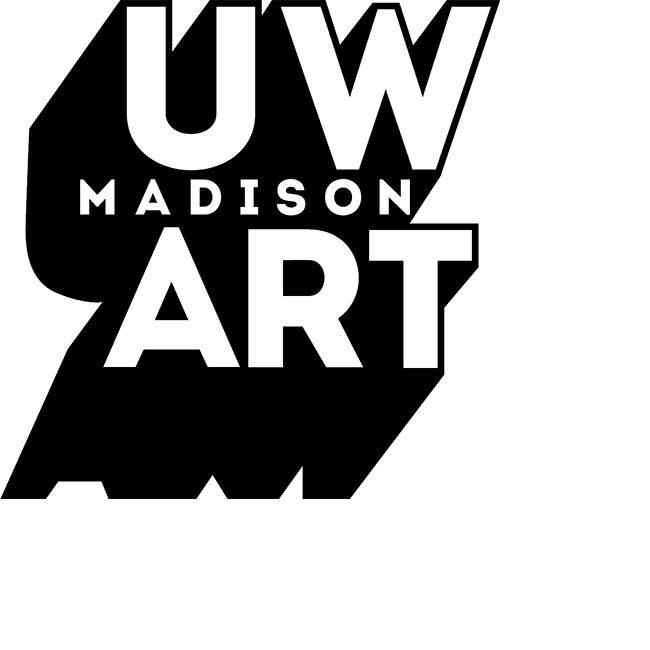 Art is not monolithic. It is, in a sense, the oldest form of crowdsourcing, a product of perpetual revision. What gets traction, what gets left behind or elided by history is unpredictable. Genres and styles are constantly being parsed into smaller and more hybrid sub-categories of practice and what we knew to be disciplinarily specific in one milieu may be significantly different in another. What we look, listen to, read and experience leads to our own evolution as artists. While searching on-line for a book recently, I noticed my Amazon browsing history, which tells me that I am interested in the following:
Art is not monolithic. It is, in a sense, the oldest form of crowdsourcing, a product of perpetual revision. What gets traction, what gets left behind or elided by history is unpredictable. Genres and styles are constantly being parsed into smaller and more hybrid sub-categories of practice and what we knew to be disciplinarily specific in one milieu may be significantly different in another. What we look, listen to, read and experience leads to our own evolution as artists. While searching on-line for a book recently, I noticed my Amazon browsing history, which tells me that I am interested in the following:
- Learning Mind: Experience into Art edited by Mary Jane Jacob and Jacquelynn Baas
- Spirituality in Contemporary Art: The Idea of the Numinous by Jungu Yoon
- The Reenchantment of Art by Suzi Gablik
- Nothing and Everything – The Influence of Buddhism on the American Avant Garde: 1942 – 1962, by Ellen Pearlman
- The Optical Unconscious by Rosalind E. Krauss
In a way, such an index of my browsing footprint is a kind of default artist’s statement. This construction and organization of knowledge and thinking about art, telegraphs my own theology of art and one can imagine quite a different set of facts flowing from other’s search histories. This, coupled with the echoes of our individual conversations about art and culture, begins to articulate a foundational understanding of our own particular themes. For instance, I had a long conversation recently, about the histories of experimental theater in the 1960’s and 70’s, which, I realize as I write this, dovetails with some of the texts noted in my Amazon search history. Both are of a piece; representative of the gestation and the long looping feedback process that comes with the kind of research that we do as artists, teachers and consumers of art and culture. More than simply a set of random relationships, such points of tangency define how we navigate the world in general.
This tells us that the art world is a place of fermentation, a fecund landscape of possibility, where micro-ecologies of personal practice can be built from a universe of disparate sources.
Douglas Rosenberg
Professor and Chair, Art Department
